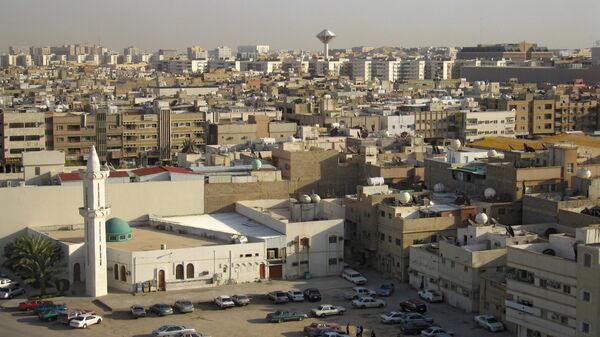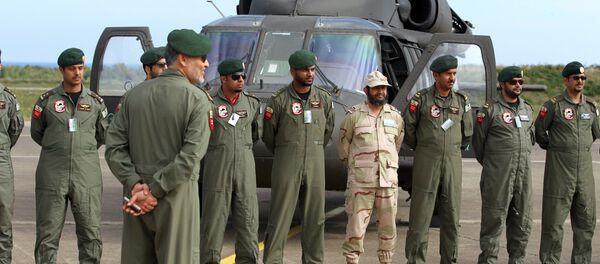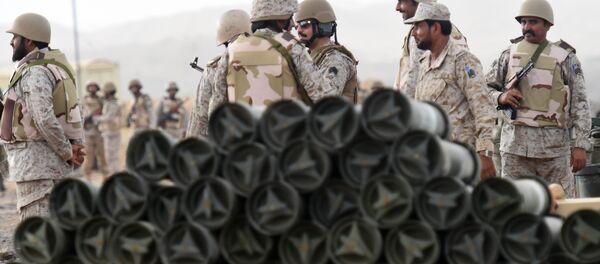According to Alvarez-Ossorio, the formation of the coalition, which includes 34 countries, was a predictable move which he said was preceded by Saudi Arabia establishing a number of coalitions on several fronts to fight extremist groups, inducing Daesh, also known as the Islamic State group, or ISIL.
"Despite the fact that Saudi Arabia itself played a very important role in the formation of these jihadist groups, which led to their expansion, the country is currently concerned over the consequences," Alvarez-Ossorio said.
He cast doubt on Riyadh's promise to coordinate its actions with the international coalition, claiming that a new coalition may be used by Saudi Arabia so that it can set its own goals.
"The fight against terrorism and jihadism is often used as a pretext to get the green light from the international community to start bombing neighboring countries, something that is now in place in Yemen, Syria and Iraq," he said.
In this connection, it still remains to be seen whether they will limit themselves to attacking Daesh militants, according to Alvarez-Ossorio.
He referred to Saudi Arabia's favorable attitude to such radical extremist groups as the Taliban, al-Qaeda and even Daesh, which was in line with the enemy-of-my-enemy-is-my-friend concept.
"Thanks to indirect connection, Saudi Arabia added to developing these groups to such an extent that they have become very powerful and are now biting the hand of their master," he said.
The expert also pointed to Saudi Arabia's interventionist policy in the region in the past several years, citing Riyadh's moves concerning Bahrain, Yemen and Syria.
"This policy may lead to devastating consequences in the region because it adds to a growing split," Alvarez-Ossorio concluded.




